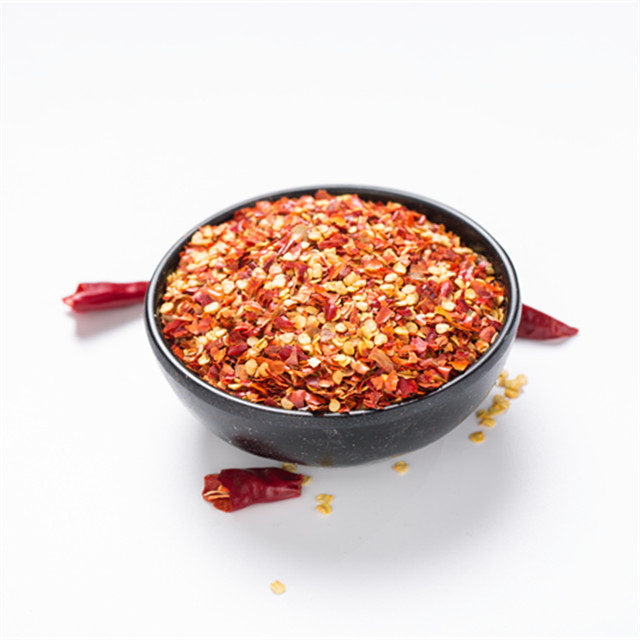Understanding Adhesives for Tile Your Guide to Choosing the Right Option
When it comes to tiling projects, whether you're renovating your home or embarking on a new construction, one of the most critical factors to consider is the adhesive. The right adhesive not only ensures that your tiles will securely bond to the substrate but also influences the longevity and performance of your tiled surface. This article delves into the various types of adhesives for tiles, their properties, and how to choose the best one for your specific needs.
Types of Tile Adhesives
1. Thin-set Mortar This is the most common type of adhesive used for tile installation. It's a cement-based product that comes in powder form and is mixed with water before application. Thin-set mortars are versatile and suitable for a variety of indoor and outdoor settings. They can be used for ceramic, porcelain, and natural stone tiles, making them a popular choice among professionals and DIY enthusiasts alike.
2. Modified Thin-set Mortar These mortars are enhanced with polymers that improve adhesion and flexibility. Modified thin-set mortars are ideal for use in high-moisture areas such as bathrooms and kitchens, where traditional thin-set may not perform well. They offer increased bonding strength and resistance to cracking, making them a reliable option for demanding environments.
3. Mastic Adhesive Mastic is a pre-mixed adhesive typically used for wall tiles, particularly in dry areas. It’s easy to apply and allows for quick installations. However, mastic is not suitable for wet areas or flooring applications as it may not hold up against moisture over time. If you are working in low-humidity regions or dealing with decorative wall tiles, mastic could be an appropriate choice.
4. Epoxy Adhesives These are incredibly strong and resistant to moisture, chemicals, and temperature fluctuations. Epoxy adhesives are best for high-performance applications, including areas exposed to solvents or extreme conditions. They bond well with a variety of materials including glass, porcelain, and metal tiles. However, they can be more challenging to work with and typically come at a higher cost.
5. Self-leveling Adhesives If you're dealing with uneven substrates, self-leveling adhesives are a great option. They create a flat surface before tile installation and are often used in conjunction with thin-set mortars. This type of adhesive is particularly valuable in flooring applications where a smooth finish is essential.
adhesive for tile

Factors to Consider When Choosing Tile Adhesives
1. Type of Tile Different tiles have different bonding needs. Porcelain and stone might require a modified thin-set for adequate adhesion, while wall tiles could be effectively installed with mastic.
2. Location Consider whether the area is exposed to moisture. For wet areas like showers or outdoor spaces, a modified thin-set or epoxy adhesive is recommended for their water-resistant properties.
3. Weight of Tiles Heavier tiles such as larger ceramic or natural stone options require stronger adhesives. Always check the manufacturer's guidelines for weight limits.
4. Application Method Different adhesives have unique application methods and drying times, which can affect your installation process. Be sure to read the instructions carefully.
Conclusion
Choosing the right adhesive for your tile project is crucial for ensuring a successful installation and long-lasting results. By understanding the different types of adhesives available and considering factors such as tile type, location, and weight, you can select the most appropriate product for your needs. Taking the time to make an informed choice will not only enhance the beauty and functionality of your tiled surfaces but also provide peace of mind knowing that they are securely in place for years to come. Whether you're a seasoned professional or a first-time DIYer, having the right adhesive is the foundation of a successful tiling project.
-
Premium Detergent Grade HPMC Hydroxypropyl Methylcellulose: Superior Thickening & StabilityNewsAug.31,2025
-
HEC 100000 Hydroxyethylcellulose for Paint | Superior ThickeningNewsAug.30,2025
-
Wall Putty Rdp Powder Packaging DesignNewsAug.29,2025
-
Introduction to Hpmc Hydroxypropyl Methyl CellulosNewsAug.29,2025
-
Hpmc Industri Grade IntegrationNewsAug.29,2025
-
How to Choose the Right Construction AdhesiveNewsAug.29,2025




